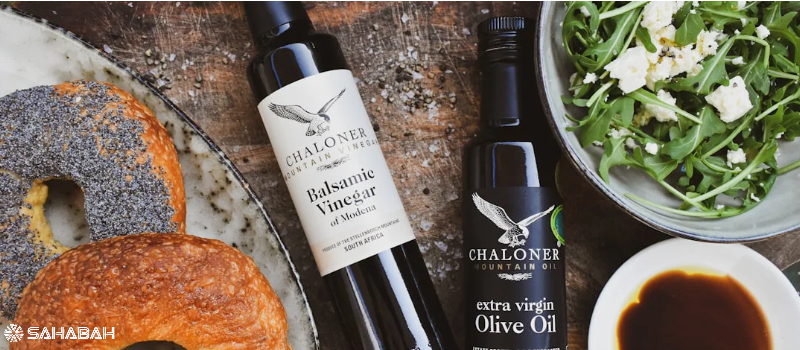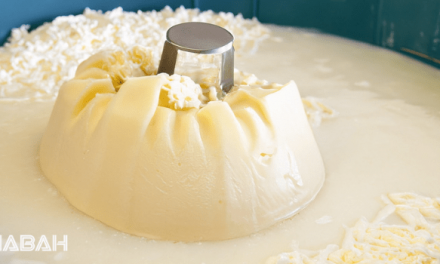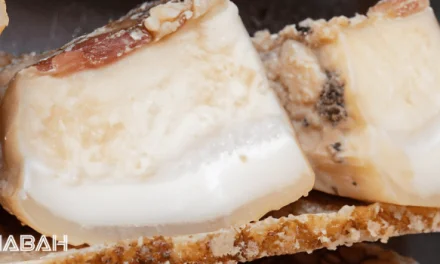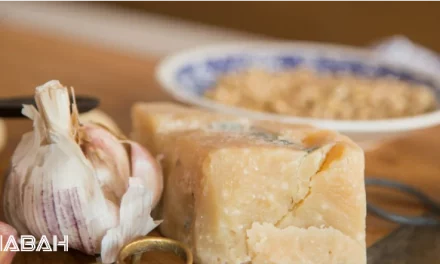Understanding Halal and Haram
In Islam, the concept of halal and haram is central to dietary laws. Halal refers to what is permissible or lawful, while haram refers to what is prohibited or unlawful. Muslims are required to adhere to halal principles, which include abstaining from consuming substances deemed impure or harmful, such as pork, alcohol, and products containing animal-derived ingredients like gelatin.
The importance of following halal dietary guidelines stems from the belief that adhering to these principles is an act of obedience to Allah and a means of maintaining spiritual, physical, and moral purity.
The Composition of White Wine Vinegar
White wine vinegar is a popular condiment made through a two-step fermentation process. Initially, white wine (typically from white grapes) undergoes an alcoholic fermentation, during which yeast converts the natural sugars in the grapes into alcohol. In the second step, acetic acid bacteria are introduced, converting the alcohol into acetic acid, the primary component of vinegar.
The final product, white wine vinegar, contains a small amount of residual alcohol, typically around 0.1% to 0.3%, along with acetic acid, water, and trace amounts of other compounds derived from the original wine.
Differing Viewpoints on White Wine Vinegar’s Halal Status
The permissibility of white wine vinegar in Islamic dietary laws has been a subject of debate among scholars and Muslim communities. Two main perspectives exist:
Perspectives that Consider White Wine Vinegar Halal
Some Islamic scholars and organizations consider white wine vinegar halal, arguing that the complete transformation of alcohol during the fermentation process renders the final product permissible for consumption. They rely on the principle that if a substance undergoes a significant change, losing its original properties and characteristics, it can be considered halal.
Supporters of this view often cite the following hadith (narration) from the Prophet Muhammad (peace be upon him):
“When a thing becomes vinegar, it is halal.” (Reported by Muslim)
This hadith is interpreted as allowing the consumption of vinegar, even if it originated from an impure source like wine.
Perspectives that Consider White Wine Vinegar Haram
On the other hand, some scholars and Muslim communities strictly prohibit the consumption of white wine vinegar, considering it haram. They argue that since white wine vinegar originates from an impure source (wine, which contains alcohol), it remains impure and unlawful for Muslims to consume, regardless of the transformation it undergoes during fermentation.
Those who hold this view often cite the following Quranic verse:
“O you who believe! Intoxicants, gambling, idolatry, and divination are abominations of Satan’s doing. Avoid them, so that you may prosper.” (Quran 5:90)
They interpret this verse as a comprehensive prohibition of any substance derived from alcohol, including vinegar made from wine.
Alternatives to White Wine Vinegar for Halal Cooking
For those who prefer to avoid white wine vinegar due to its potential haram status, several alternative vinegar options are available:
- Apple Cider Vinegar: Made from fermented apple juice, apple cider vinegar is a popular halal-friendly vinegar option.
- Rice Vinegar: Produced from fermented rice, rice vinegar is commonly used in Asian cuisine and is considered halal.
- Lemon Juice or Lime Juice: While not technically vinegar, fresh citrus juices can be used as an alternative to add a tangy flavor to dishes.
- Other Halal-Certified Vinegar Options: Many brands offer halal-certified vinegar options, such as white vinegar, balsamic vinegar, and red wine vinegar made from halal sources.
It’s essential to check the ingredients list and ensure that the vinegar you choose is produced from halal sources and does not contain any prohibited additives.
Factoring in Personal Beliefs and Cultural Differences
The debate surrounding the halal status of white wine vinegar highlights the diversity of interpretations and practices within the Muslim community. While some consider it permissible, others strictly avoid it due to religious and cultural beliefs.
Ultimately, the decision to consume or avoid white wine vinegar is a personal choice that should be guided by one’s understanding of Islamic teachings, cultural traditions, and consultation with religious authorities.
It’s important to respect individual beliefs and practices, as well as the guidance provided by trusted Islamic scholars and organizations.
Practical Tips for Halal-Conscious Cooking
When it comes to halal-conscious cooking, here are some practical tips to keep in mind:
- Read Labels Carefully: Always check the ingredient lists on food products, including vinegar, to ensure they do not contain any prohibited substances.
- Seek Halal-Certified Products: Look for halal-certified vinegar options or products from trusted brands that adhere to Islamic dietary laws.
- Modify Recipes with Halal-Friendly Substitutes: If a recipe calls for white wine vinegar, consider substituting it with a halal-friendly alternative like apple cider vinegar or lemon juice.
- Consult Religious Scholars or Local Muslim Communities: If you are unsure about the halal status of a particular ingredient or product, it’s always best to consult religious scholars or seek guidance from local Muslim communities.
Conclusion
The debate over the halal status of white wine vinegar highlights the complexities and nuances of Islamic dietary laws. While some scholars consider it permissible due to the transformation of alcohol during fermentation, others strictly prohibit its consumption based on its impure origins.
Ultimately, the decision to consume or avoid white wine vinegar is a personal choice that should be guided by one’s understanding of Islamic teachings, cultural traditions, and consultation with trusted religious authorities.
For those seeking halal-friendly alternatives, options like apple cider vinegar, rice vinegar, and lemon juice can be used in cooking and food preparation. It’s crucial to read labels carefully, seek halal-certified products, and consult with local Muslim communities or scholars for further guidance.
Remember, adhering to halal principles is an act of obedience and a means of maintaining spiritual, physical, and moral purity in accordance with Islamic teachings.
FAQs: Is White Wine Vinegar Halal
There is no universal consensus on the halal status of white wine vinegar among major Islamic organizations. Some consider it permissible, while others prohibit its consumption.
Can white wine vinegar be used in halal cooking if the alcohol content is negligible?
Some scholars argue that white wine vinegar is permissible if the alcohol content is negligible (below 0.5%), as the alcohol has been transformed into acetic acid. However, others strictly prohibit any product derived from an alcoholic source.
Are there any halal-certified brands of white wine vinegar available?
While not common, some brands may offer halal-certified white wine vinegar made from halal sources. It’s essential to check the certification and ingredients carefully.
How can I ensure my kitchen is halal-friendly when using vinegar?
To maintain a halal-friendly kitchen, opt for halal-certified vinegar options or choose alternatives like apple cider vinegar, rice vinegar, or lemon juice. Avoid cross-contamination by keeping separate utensils and containers for halal and non-halal ingredients.
What type of vinegar is white wine vinegar?
White wine vinegar falls under the category of spirit vinegar.
Is it permissible to eat foods containing white wine vinegar?
Yes, it is permissible to consume foods made with white wine vinegar.
How can I check if a product contains white wine vinegar in its ingredients?
You can look at the list of ingredients on the product packaging to see if white wine vinegar is included.
How is white wine vinegar produced?
White wine vinegar is made by fermenting white wine, turning it into vinegar through the process of changing alcohol to acetic acid.
Is white wine vinegar also halal in the UK?
Yes, white wine vinegar is considered halal in the UK as well.
Are there any specific restrictions or guidelines from scholars regarding consuming white wine vinegar?
Scholars generally agree that white wine vinegar is permissible to consume, as long as it does not intoxicate and does not contain any haram ingredients.





